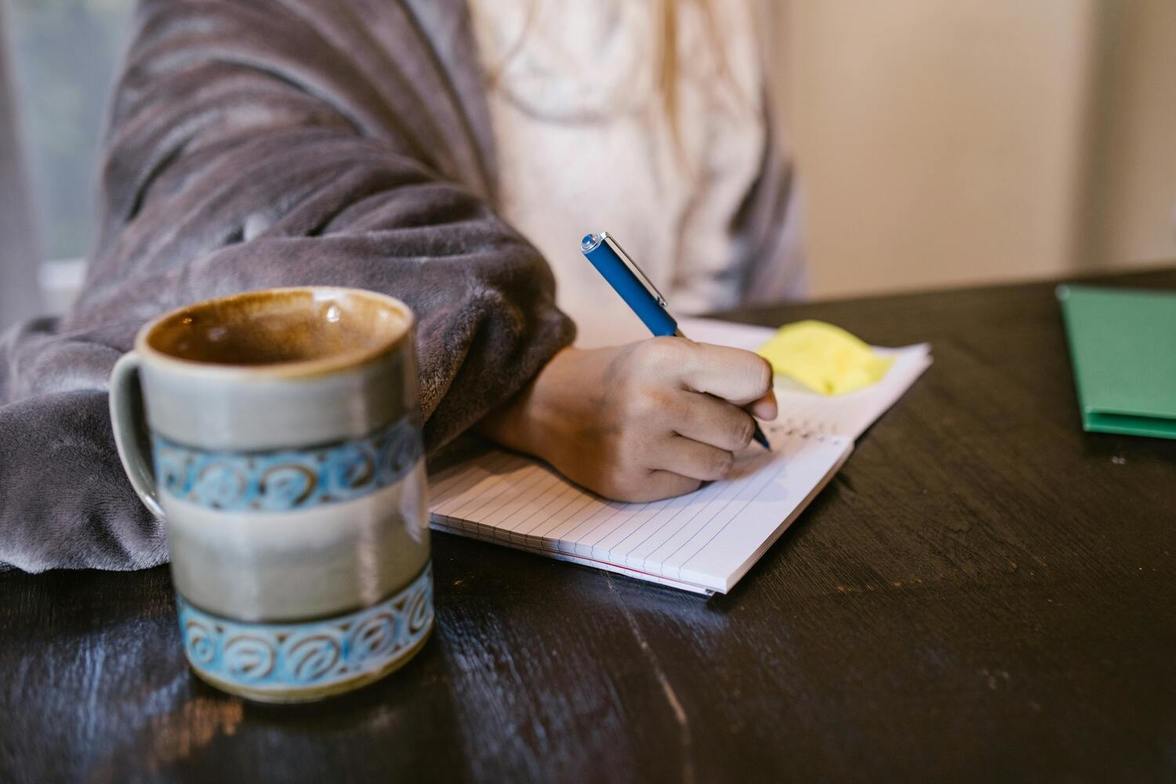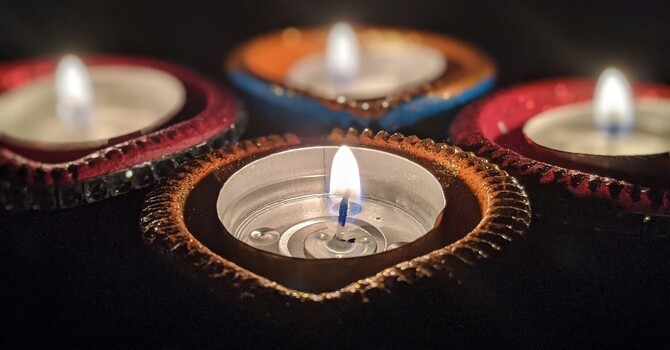
Some days, gratitude comes easily—a milestone, good news, something undeniably “big.” But most of life isn’t made up of those moments. It’s made up of small, ordinary things that often slip by unnoticed: a cup of coffee that tastes just right, a kind text, sunlight on your desk, the relief of crossing something off your list.
These moments may not change your life but noticing them can change how you feel in your life.
When Gratitude Feels Out of Reach
Life can sometimes feel hard, heavy or unfair. Gratitude isn’t about pretending everything’s fine or ignoring pain. It’s about making space for what’s still good, even when things aren’t.
You can feel grateful and exhausted.
You can appreciate small joys and wish things were easier.
Being grateful doesn’t cancel out your feelings—it sits beside them.
Related reading: When the World Feels Heavy
Small Shifts Can Have a Big Impact
In cognitive-behavioural therapy (CBT), we talk about how the way we think shapes the way we feel. When your mind is tuned to what’s going wrong, anxiety can take over—your focus narrows, and it’s hard to see anything else.
Practising gratitude helps widen that focus. It’s not “thinking positively” for the sake of it; it’s gradually teaching your mind to notice the whole picture, not just the hard parts. Over time, this small mental shift can make challenges feel a little easier to face.
Everyday Ways to Practise Gratitude
You don’t need to overhaul your routine to start noticing the good. Try one of these ideas and see what fits:
- A gratitude list: Write down three things you’re grateful for at the end of the day. They can be big or small—what matters is noticing.
- A gratitude jar: Keep slips of paper nearby and jot down moments that make you smile or give you relief. On tough days, read a few to remind yourself what’s still here.
- A mindful moment: When something pleasant happens, pause for a few seconds to really take it in—the feeling of warmth, connection, or calm.
- A gratitude check-in: When your mind spirals into “what’s wrong,” stop for a moment and ask yourself, what’s still okay right now?
There’s no right way to do it. Gratitude is personal—it’s about what speaks to you, not what looks good on paper.
When It Feels Forced
Some days, gratitude won’t come easily. That’s okay. Forcing it usually makes things worse. Instead, start small:
“I’m grateful for having a roof over my head.”
“I’m grateful for my friends and family.”
“I’m grateful for getting through the challenges of the day.”
It’s not about being endlessly positive—it’s about creating moments of steadiness when everything else feels uncertain.
The Little Things Add Up
Big moments are rare. The everyday ones are where life actually happens.
And noticing them—really noticing them—isn’t just a feel-good exercise. It’s a way of telling yourself: There’s still good here.
On the hard days, that reminder might be enough.
If Anxiety Makes Gratitude Hard
When your mind is wired for worry, slowing down to notice the good can feel almost impossible. Therapy can help you build that muscle—learning how to shift perspective without dismissing what’s hard.
If you’d like support with anxiety or finding balance in your everyday life, you can learn more about therapy for anxiety or book a free 15-minute inquiry call to to talk about how I work and what support might look like for you.







